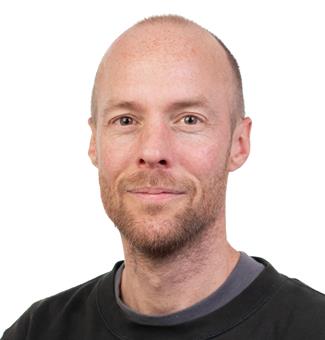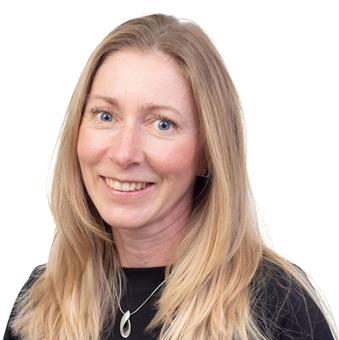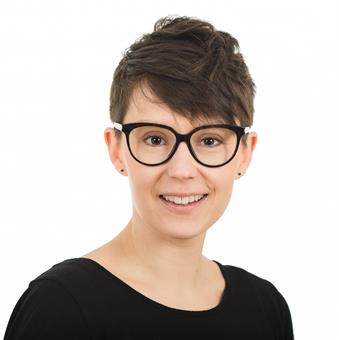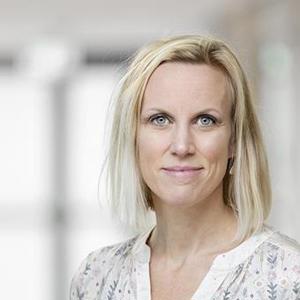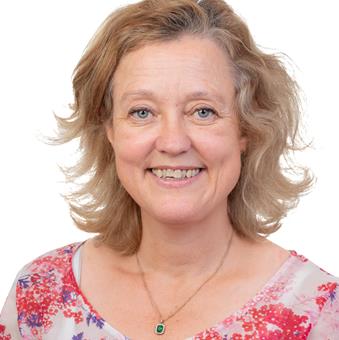In the past, many of these children did not survive the first period. As healthcare has developed, more and more are surviving. These new and later young survivors are at great risk for brain damage, motor abnormalities and CP, autism, ADHD and learning disabilities.
Young Survivor Unit (YoSU). Photo credit John Karlsson Our research aims to better understand the development of children who have been seriously ill early in life. Furthermore, to develop and study interventions that, in the long term, increase the children's functioning in everyday life. We evaluate assessment instruments with the aim of improving diagnostics and enabling the right support interventions for the children and families we meet. We study interventions with a focus on strengthening children's cognitive, motor and social skills.


